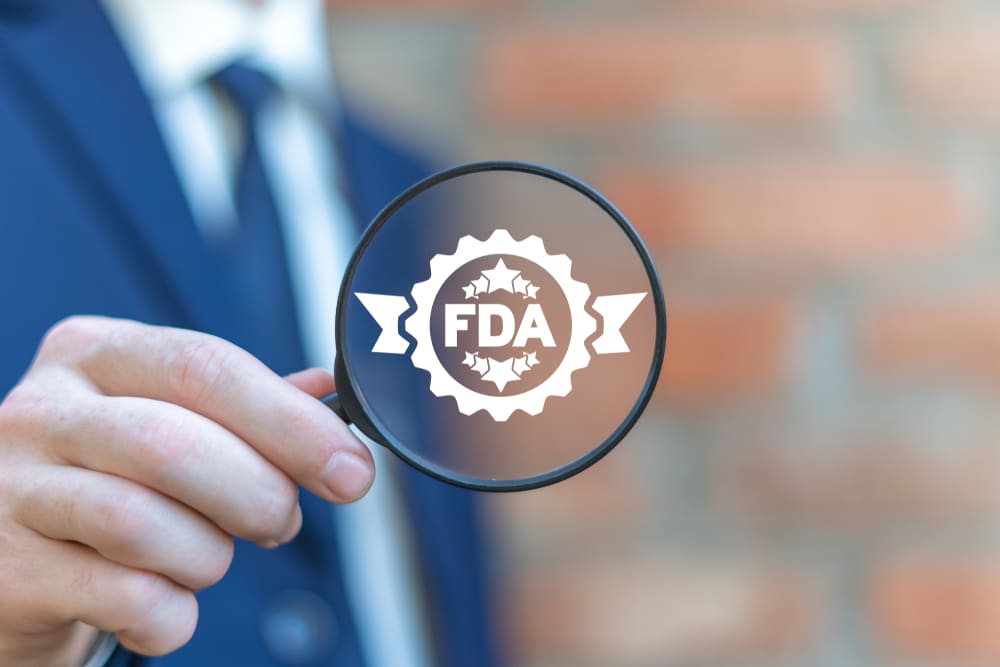FDA’s 2025 Crackdown: How Unannounced Foreign Inspections Reshape Global Compliance
The U.S. Food and Drug Administration (FDA) is stepping up its global oversight in 2025 with a game-changing initiative—unannounced inspections of foreign facilities. Designed to tighten compliance and protect the U.S. market from substandard imports, these surprise audits are set to disrupt the operations of overseas manufacturers supplying pharmaceuticals, medical devices, and food products.
If your business operates abroad and exports to the U.S., now is the time to act.
Why FDA Unannounced Inspections Now Target Foreign Facilities
Historically, the FDA has pre-announced foreign inspections to allow for travel planning, translator arrangements, and access coordination. However, growing concerns about falsified compliance, data integrity, and product quality have prompted the agency to remove that buffer. By eliminating advance notice, the FDA aims to observe the actual day-to-day operations at foreign sites, exposing gaps that would otherwise be hidden during a scheduled inspection.
The move aligns with increased pressure from U.S. lawmakers and public health advocates demanding greater accountability from global suppliers. With rising import volumes and complex international supply chains, unannounced inspections are a logical step to level the regulatory playing field.
Key Industries Affected: Pharma, Medical Devices, and Food Supply Chains
Pharmaceutical manufacturers, particularly those producing active pharmaceutical ingredients (APIs) and generics, are at the top of the list. Facilities in countries like India and China that ship large volumes to the U.S. are under heightened scrutiny.
Medical device firms—from diagnostic equipment to surgical tools—must also prepare, especially those whose products are deemed critical or high-risk under FDA classification.
Finally, foreign food processors, including those in seafood, dairy, and packaged goods, are now facing unannounced checks to ensure compliance with the Food Safety Modernization Act (FSMA).
Any foreign establishment that falls under the FDA’s jurisdiction and ships goods to the U.S. may be inspected without notice. The agency is expanding its overseas personnel and leveraging technology to conduct more inspections more efficiently than ever before.

Compliance Risks: Document Destruction, Import Bans, and Facility Shutdowns
The consequences of being caught unprepared can be devastating. During an unannounced inspection, failure to produce documents on demand, denial of access, or evidence of data manipulation or destruction can trigger immediate enforcement actions.
These actions include:
- Import alerts, which block your products from entering the U.S.
- Warning letters, which publicly identify compliance failures and require corrective action.
- Consent decrees or facility shutdowns, especially if violations involve repeat offenses or critical quality issues.
For global suppliers, this can mean millions in lost revenue, reputation damage, and long recovery times.
5 Strategies to Prepare for Unannounced FDA Inspections in 2025
- Conduct Mock Inspections
Simulate an FDA inspection at your facility with no prior warning. Include document requests, employee interviews, and plant walk-throughs to mirror the real experience. - Maintain Real-Time Documentation
Ensure all required records—batch records, SOPs, training logs, and testing data—are accurate, up to date, and easily accessible. Delays in retrieval can signal red flags. - Train Staff Regularly
Frontline employees should know how to respond to an inspector’s questions confidently and truthfully. Establish clear internal protocols for managing unannounced visits. - Appoint a Compliance Lead
Designate a trained individual or team responsible for managing inspection logistics, including escorting inspectors and coordinating with legal counsel. - Engage Regulatory Experts
Consider partnering with an experienced FDA compliance attorney or consultant. These professionals can audit your current practices, identify risks, and provide defense strategies if violations occur.
Contact FDA Atty
If your facility is at risk or you’re unsure whether your current compliance practices can withstand a surprise audit, don’t wait until the FDA is at your door. Contact us to consult with regulatory experts who can help you prepare, protect your business, and maintain access to the U.S. market.
Are you in trouble with the FDA?
Don’t panic — you’ve got backup. Download 5 Tips to Help You Navigate FDA Enforcement and learn how to resolve the situation right now.